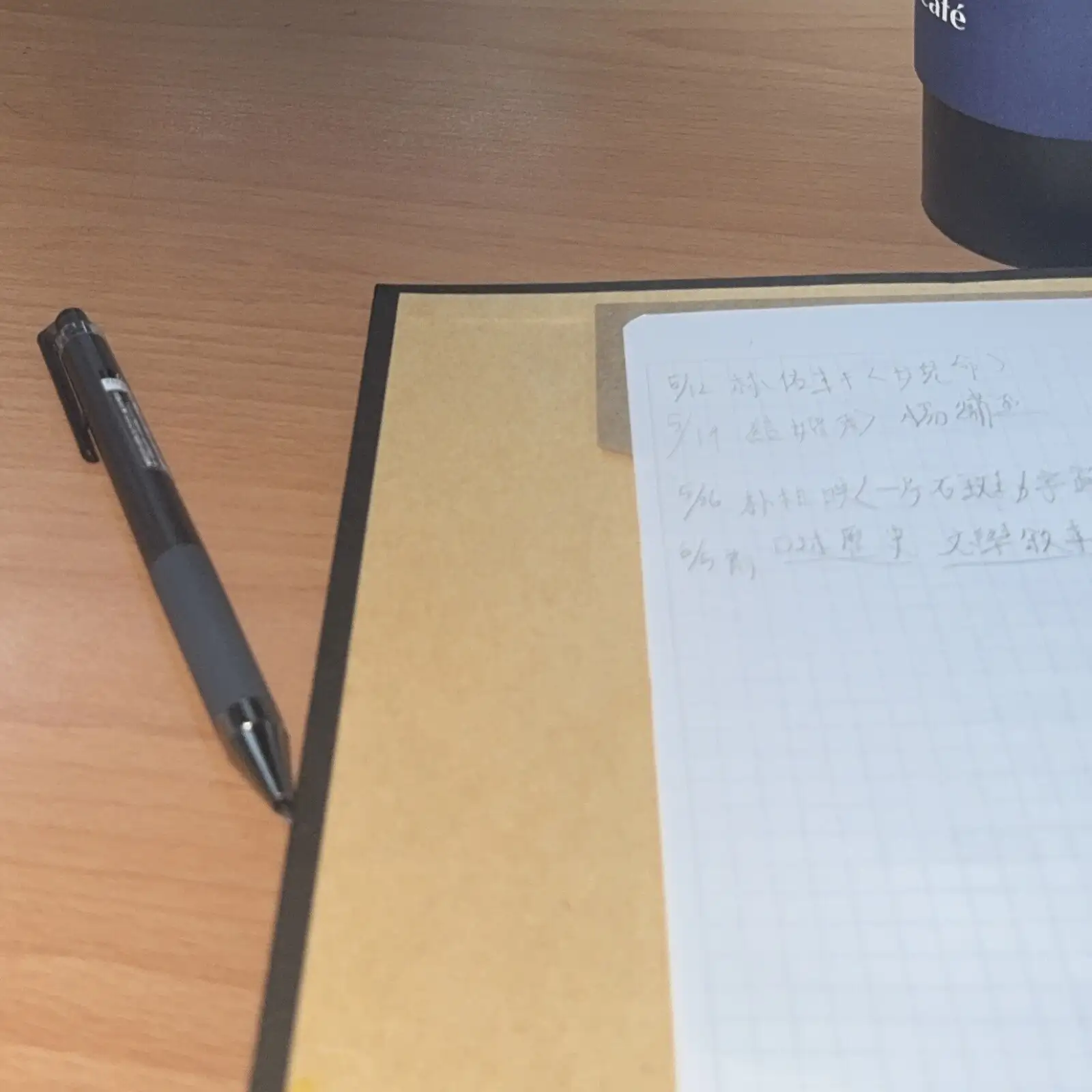What to Do After Breaking Up with My Boyfriend? A Lesson from Curry Rice

Translated by AI
Having once participated in Professor Tian Fumei's elective course on "Zhuangzi," I delved into the seven inner chapters of Zhuangzi. Today, I wish to share my reflections from this class.
Initially, during discussions with the professor, I struggled to comprehend why one could live without any expectations. My repeated questions revealed to the professor that I was undergoing significant life changes — I recently broke up with my boyfriend of two years. I had set high hopes for our relationship, aiming for marriage and starting a family, matters we had discussed at the beginning.
So, what happened? The relationship ended messily due to the involvement of a third person. We often talked about marriage, and it seemed like an obsession of mine — why did he leave just like that? More than the third party's presence, I was hurt by his abandonment of us. Later, the professor introduced me to the saying, "It is better to let go than to begrudgingly hold on." This means that instead of two fish trying to survive by comforting each other with foam, they should part ways in the rivers and lakes, gradually forgetting each other over time and experiences.
I still carry this phrase in my pencil case. After learning it, I finally blocked my ex-boyfriend's contact. Before this realization, despite friends' advice, I refused to truly let go. Indeed, our breakup was due to his issues, but after entering university and experiencing more, we had become strangers long before; we simply refused to let go. This is also why many couples break up upon transitioning to the next stage of life. Human hearts tire easily, youth's recklessness moves too swiftly, and in a mere few decades, one shouldn't be so easily trapped by emotions. I've come to forgive everything; the world won't stop turning, and emotions are merely inner performances played out in every action, dependent only on whether I choose to notice them.
This is one of the insights I gained from this course.
Furthermore, in "Equilibrium of Things" within the inner chapters, it's stated that we should let go of subjective attachments and view the world with an open mind, not influenced by our personal biases. Our perceptions and thoughts stem from subjective consciousness, and while full objectivity is unattainable, we can strive for it, avoiding undue expectations. Consider the debate over whether or not curry rice should be stirred online; at its core, it's still just curry rice. Emotions are swayed by people's fixations.
I've realized that living is merely a soul traveling through the world, and we should release our expectations of others; otherwise, we only cause ourselves pain. Emotions remain subjective, and we always harbor opinions about things. In today's world, flooded with online information, some things can't be verified, and emotions constantly flow through us, influencing our views. In mere minutes, the next piece of news might completely change your perception, which is exhausting, don't you think?
"I think this matter is too radical."
"I feel this issue makes me sad."
Everything stems from "I." Yes, having one's thoughts is beneficial, but prolonged introspection results in fatigue.
People are often trapped in a prison of subjectivity due to their arrogance. Of course, Zhuangzi mentions that the most enlightened person is free of obsessions, but even he couldn't achieve that. Objectivity doesn't mean abandoning everything but rather adopting another perspective for contemplation. When you face life with the mindset of exploring the world and experiencing existence, existentialism mirrors Zhuangzi's beliefs, as all elements of nature are equal, with no hierarchy among them. Except for major trauma, everything seems more expansive.
I've learned to let go of obsessions in Zhuangzi's course. To me, these teachings are like gifts, freeing me from emotional imprisonment. Seeing things from an objective angle isn't blind but rather about embracing all aspects of the world. What I've learned is my choice. In Zhuangzi's class, I chose to let go of obsessions and believe in beauty. You might say I'm blind, but isn't life a journey? I neither want nor aim to become a sage. I wish to experience life, and letting go of obsessions seems the best choice. This is what I learned from Professor Tian Fumei's class.










